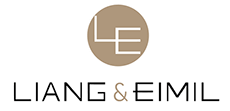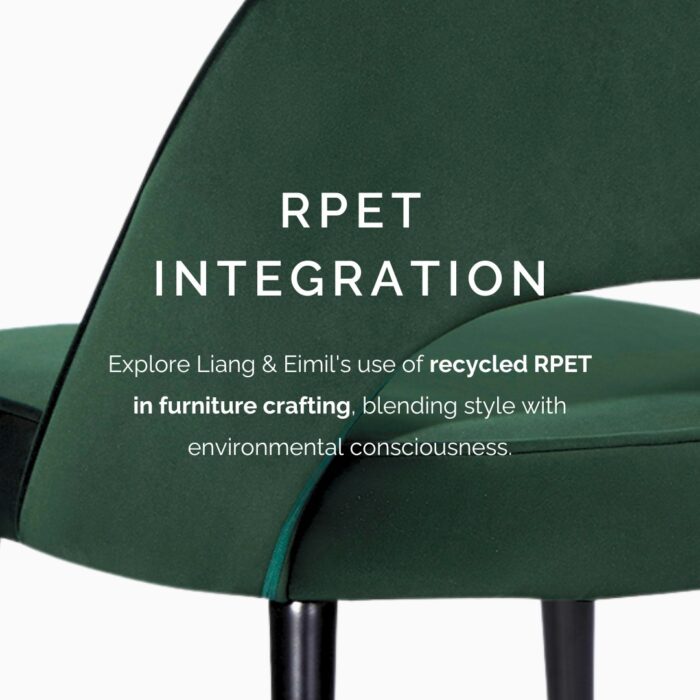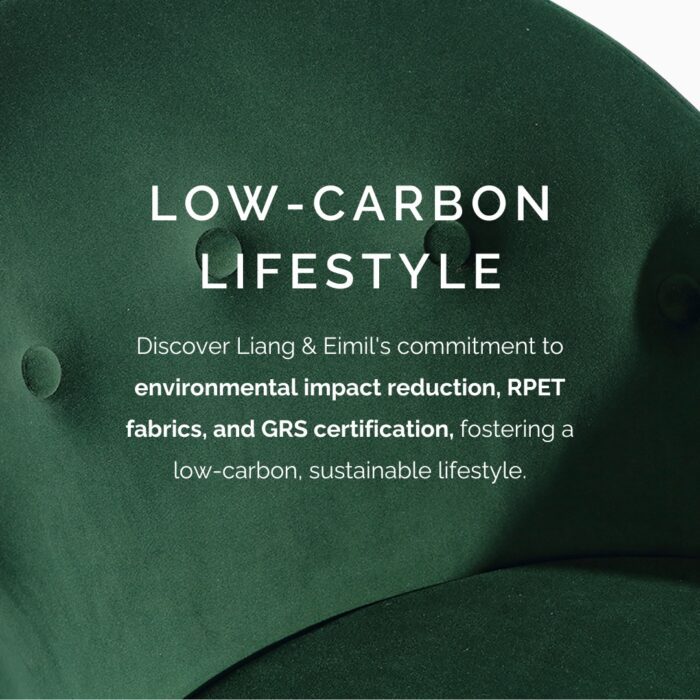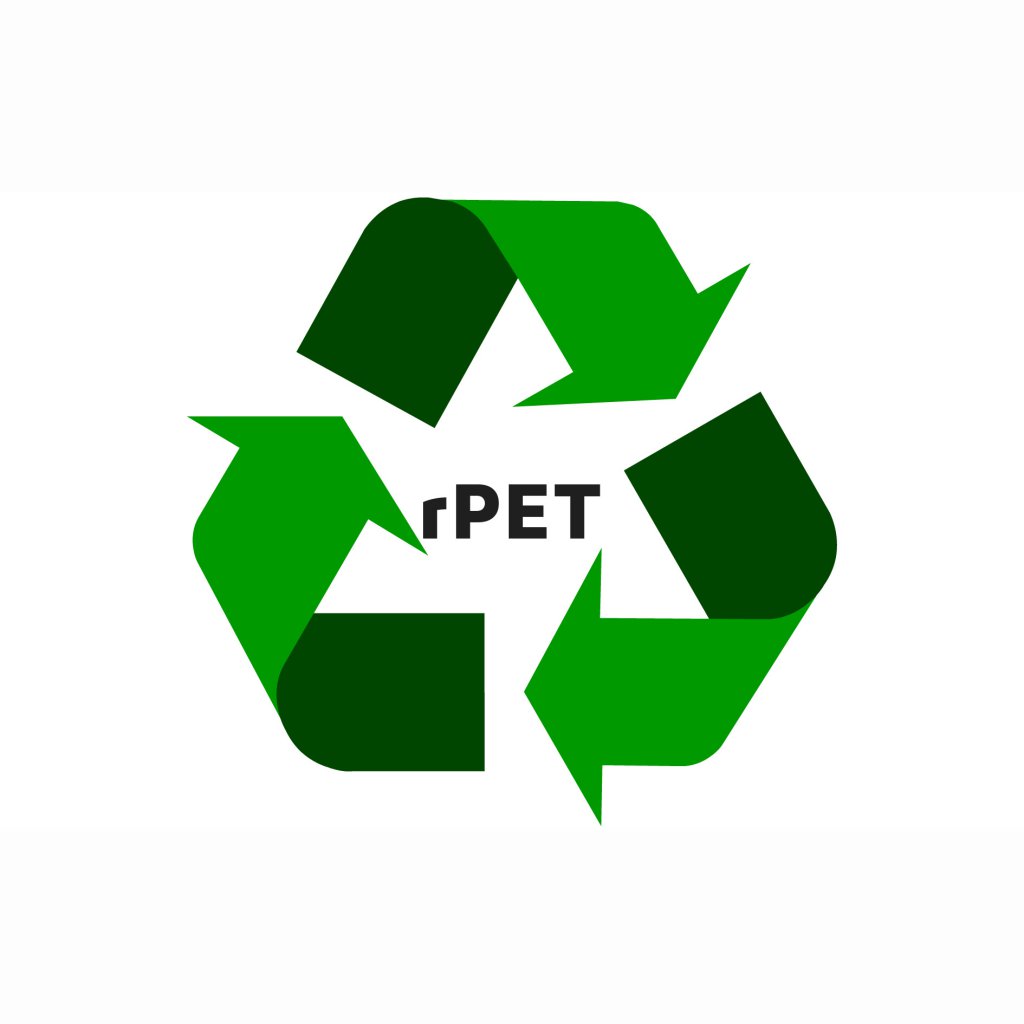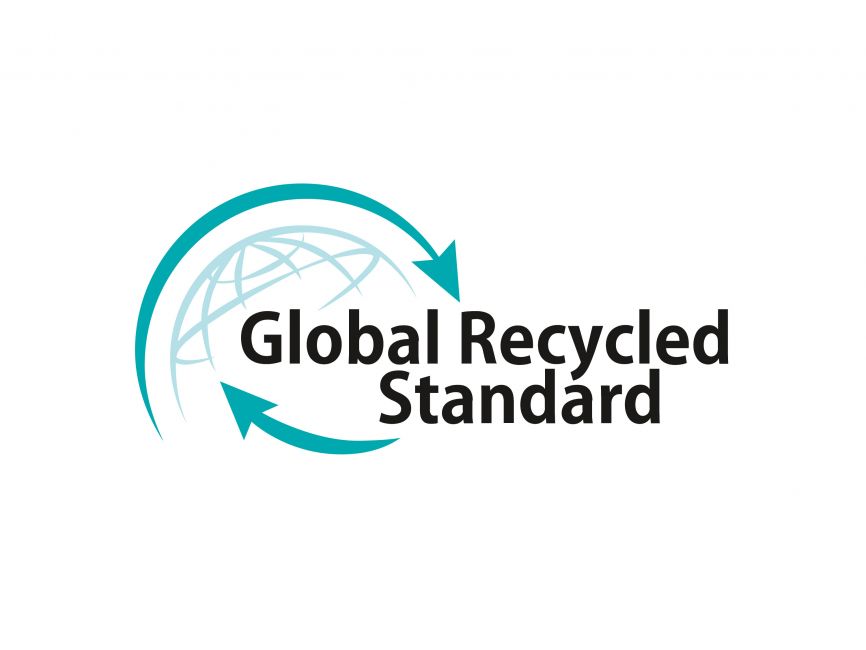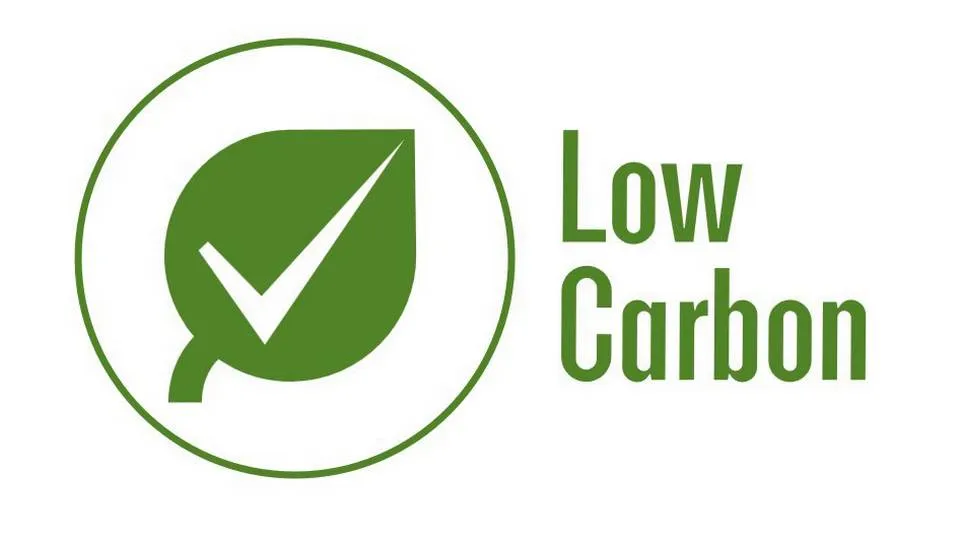What is RPET?
RPET, or Recycled PET (Polyethylene Terephthalate), is a sustainable and eco-friendly material widely used in the production of various consumer goods, most notably in the packaging industry.
It is a type of polyester that is derived from recycled PET plastic, typically sourced from discarded beverage bottles. The recycling process involves collecting, cleaning, and processing used PET plastic, which is then transformed into RPET.
This environmentally conscious alternative reduces the demand for new plastic production, minimises waste in landfills, and lowers the overall carbon footprint associated with manufacturing.
RPET has gained prominence as a viable solution to address the environmental impact of plastic consumption, contributing to a more circular and sustainable approach to materials in the modern world.
